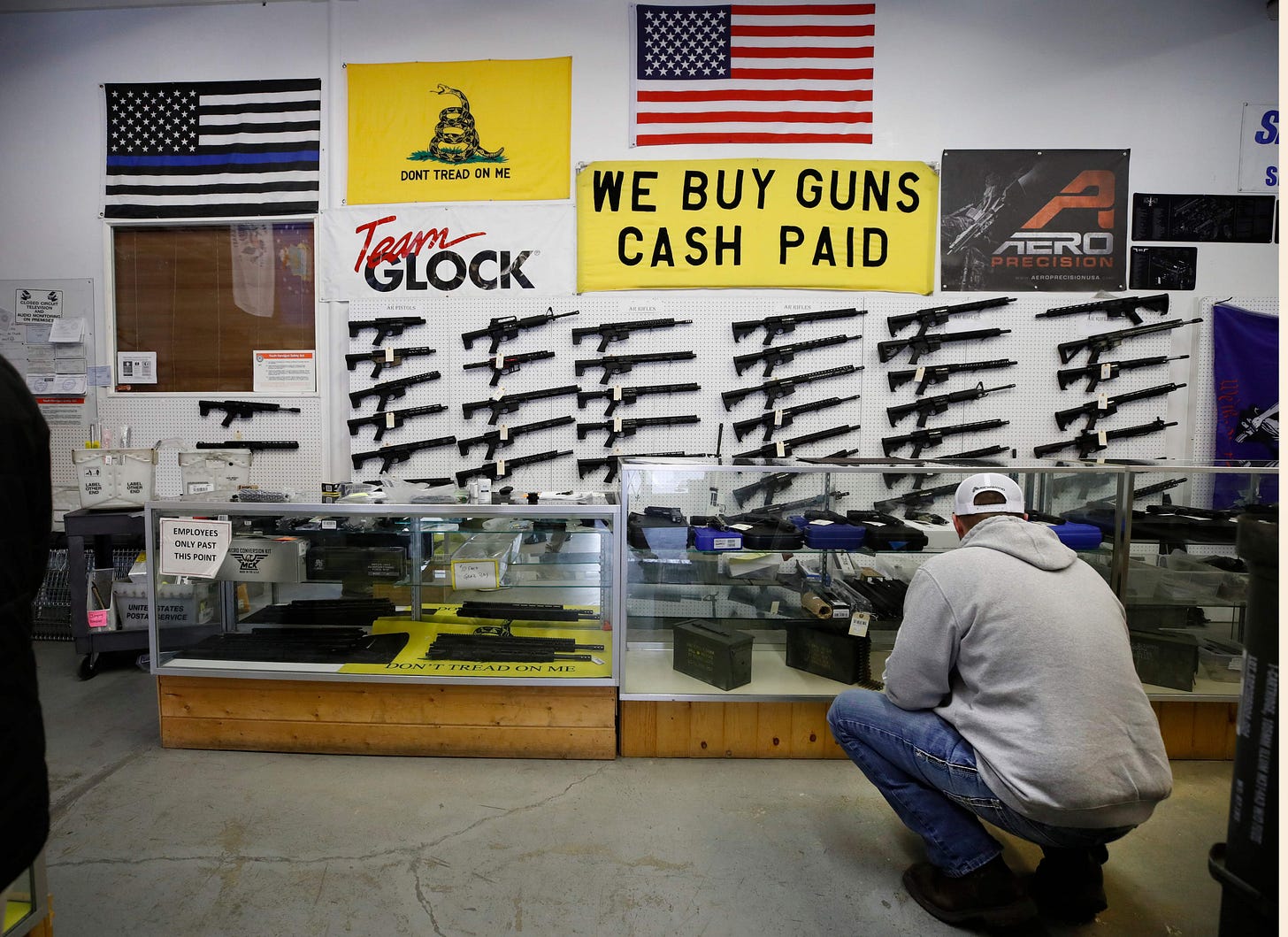13 June 25 | Los Angeles: A View from Mexico
Also in this edition: Rescuing old photographic techniques. Mexico gives more power to the military. “No Kings” will be the slogan on Trump’s birthday. The risks of banning narco-music.
Lea La Jornada Internacional en español aquí.
Outrage and anger over repression and immigration raids
Immigration raids on workers and the deployment of military troops to suppress protests ordered by Donald Trumphave fueled the movement against the White House's anti-immigrant policies both in Mexico and the United States. While protests have so far mostly called for respect for human rights and dignity, the message is now expanding—in Los Angeles, across the U.S., and in Mexico—to demand an end to arrests and deportations, and to recognize the contributions of undocumented people living in the U.S. Some demonstrations have taken place outside workplaces that have been targeted by raids in efforts to stop them.
These demands are not only coming from immigrants, but also from white Americans and their elected representatives. “Our country suffers when workers who come here to contribute to our economy and our communities are attacked simply for trying to build a better life for their families,” said Liz Shuler, president of the national labor federation AFL-CIO. The organization, which represents 15 million workers in its member unions, is calling together with a wide range of social organizations for an end to Immigration and Customs Enforcement (ICE) raids.
There is no doubt that deploying up to 4,000 National Guard troops and 700 Marines to crack down on what Trump has called a “rebellion against the United States” by “radical leftists” and “paid agitators” was a deliberate provocation by the federal government. But the decision to "invade" the city with the second-largest population of Mexicans in the world—Los Angeles, home to nearly a million undocumented immigrants from all over the globe—has sparked a wave of condemnation. Demonstrators waved Mexican and Latin American flags, and while isolated incidents of property damage did occur, most protests remained peaceful.
As Trump likely anticipated, U.S. (and some Mexican) media have focused on images of violence and burning cars. But in reality, the protests have been largely peaceful, often incorporating music and dance as part of the resistance. Political, labor, and community leaders continue to urge people not to fall for provocations and to maintain nonviolent protest. In fact, the violence began when police and later the National Guard fired tear gas and rubber bullets into the crowds.
The shared message across Los Angeles and other parts of the country—from protesters in the streets to governors, mayors, and Democratic lawmakers—is that Trump’s anti-immigrant and anti-worker policies are the real violence.
In Los Angeles, federal intimidation and repression have failed to silence the collective outcry of “Enough is enough” against the anti-immigrant measures and the military-style crackdown ordered by the White House. This in a city—and state—that overwhelmingly voted against Trump.
In Mexico, President Claudia Sheinbaum reiterated that “the issue of migration cannot be addressed with violence or mass arrests,” and proposed comprehensive immigration reform that recognizes the contributions of Mexican workers in the U.S. Meanwhile, the Mexican government activated its consular network to provide protection. “We respectfully but firmly call on U.S. authorities to ensure all immigration procedures comply with due process and are carried out with respect for human dignity and the rule of law,” she said, on the same day the Marines arrived to support the 4,000 National Guard troops in Los Angeles.
The first signs that the U.S. right would blame Mexico and its president for the protests appeared this week. The Secretary of Homeland Security condemned Sheinbaum, accusing her of “encouraging” violent demonstrations in Los Angeles. Sheinbaum rejected these accusations in a meeting with U.S. Deputy Secretary of State Christopher Landau.
In an editorial, La Jornada wrote that “Trumpism has in its sights not just foreign workers and Mexican communities, but also local authorities trying to protect economic sectors that depend on migrant labor.” Trump is using gasoline to extinguish, with military repression, what could be the beginning of a massive social fire in the global superpower.
La Frase
Rayuela: Trump says, “Los Angeles was invaded and occupied by undocumented immigrants and criminals.” And he's right. It happened in 1848, when, with the signing of the Treaty of Guadalupe Hidalgo, the United States stole half our territory.
In Case You Missed It
◽️Reviving old photo techniques in the digital age. For photographer and graphic artist Byron Brauchli, photography is not just about documentation—it’s a way to interrogate the world, revealing signs of environmental change, human migration, and the voids left by violence. In his new book Recorridos, he revives 19th-century photographic methods in the face of the digital wave.
◽️Mexico expands military coordination of National Guard. Following constitutional reforms and the approval of a new National Guard law, President Sheinbaum has submitted legislation outlining how the Secretary of National Defense will manage that public security force.
◻️ U.S. Supreme Court blocks Mexico’s lawsuit against gunmakers. In a unanimous decision, the U.S. Supreme Court stopped a lawsuit by the Mexican government against American arms manufacturers accused of fueling illegal gun trafficking and violence in Mexico. However, Mexico vows to continue its legal efforts through other channels.
◽️One in three Latin Americans lives day-to-day. While the region has cut its poverty rate from 50% to 25%, about 31% of the population remains “vulnerable”—not poor, but not economically stable either, according to a new UN report.
◽️“No Kings” will be the rallying cry. Under the slogan "In America, we don't do kings,” over a thousand local protests are expected on June 14 to denounce the military parade Donald Trump is planning in Washington to celebrate his birthday. The decentralized progressive movement organizing these actions is resisting Trump’s immediate political agenda in the streets, schools, universities, and cultural center while also building long-term structures for local, state, and national power.
◽️Six-year sentence for Cristina Fernández. Argentina’s Supreme Court sentenced the former president to six years in prison for irregularities in public works projects between 2003 and 2015, and barred her from holding public office for life. Our correspondent Stella Calloni reports that, as the ruling was announced, thousands of supporters gathered outside the courthouse to express outrage, singing both the national and Peronist anthems.
◽️Taking Michoacán’s cuisine to the world. “I’ve worked for years with the people of Angahuan and other communities to share Mexican cuisine and preserve ancestral foods—especially those from Michoacán,” says Juana Bravo Lázaro. Originally from the Indigenous community of Angahuan (about 30 km from Uruapan), she was recently awarded Mexico’s highest national honor by the Ministry of Culture. “I’m joyfully proud because, as a woman, without speaking Spanish or having any formal education, I had the courage to bring our gastronomy and traditions to the world,” she said.
◽️Banning narco-music could backfire. In recent months, states like Nayarit, Querétaro, Guanajuato, Chihuahua, Quintana Roo, and the State of Mexico have cracked down on music that glorifies crime. But experts warn that banning corridos tumbados and similar genres could create a black market and increase clandestine venues where criminal activity is celebrated and illegal drugs are sold freely.











Excellent read!